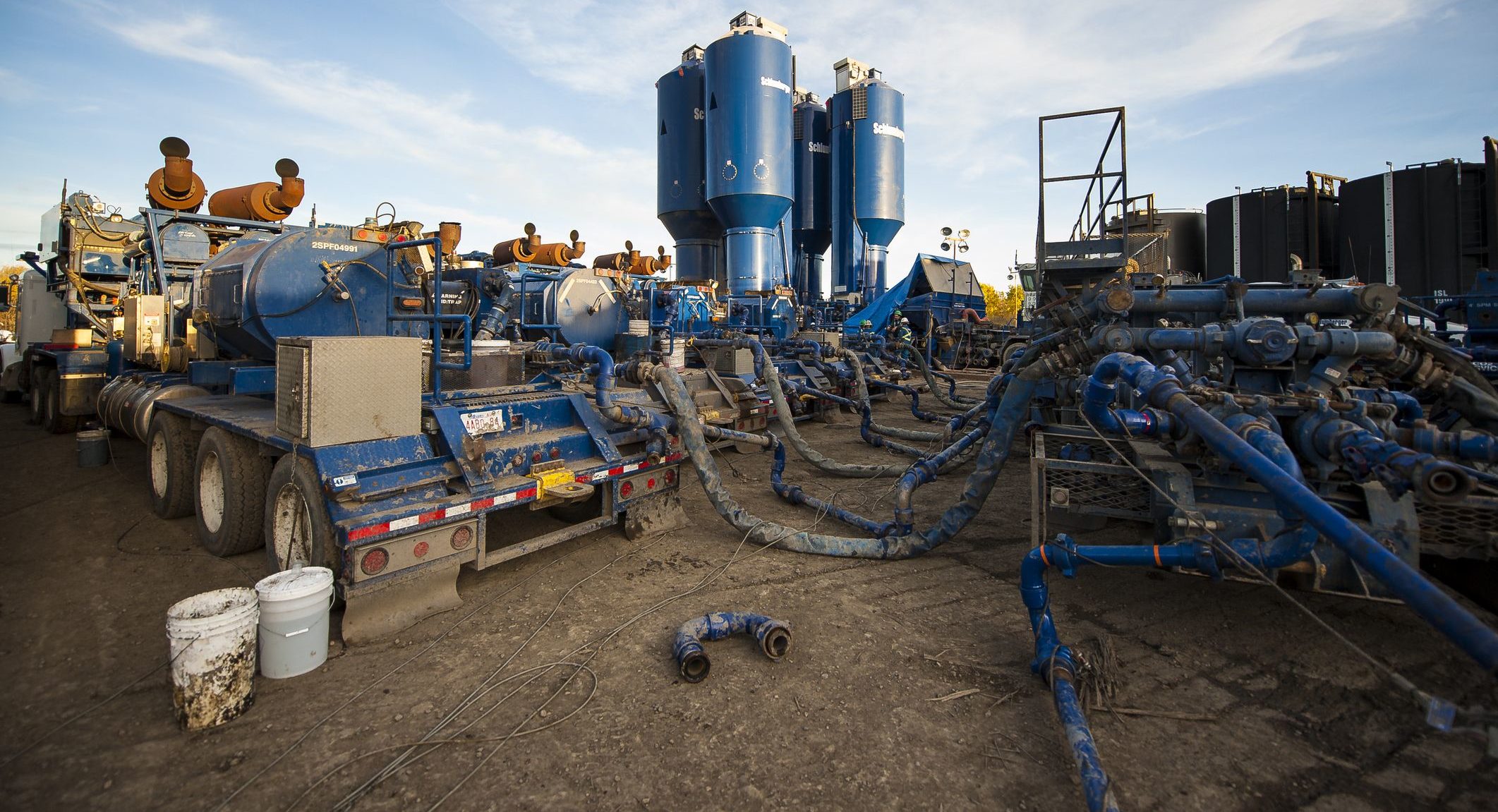The British Columbia government is moving forward with an independent scientific review of hydraulic fracturing to ensure it is meeting the highest safety and environmental standards, Energy, Mines and Petroleum Resources Minister Michelle Mungall announced yesterday.
The review will be carried out by a three-member independent panel. The members will be:
- Diana M. Allen, P. Geo
- Erik Eberhardt, P. Eng
- Amanda Bustin, PhD
Nalaine Morin will provide advice to the panel on traditional Indigenous knowledge.
Dr. Allen is a hydrogeologist whose research is focused on water security, spanning the development of risk-assessment methodologies to understanding and projecting the potential impacts of climate change and water resources. Dr. Eberhardt is a professor of rock mechanics and rock engineering and director of UBC’s geological engineering program, while Dr. Bustin is a research associate at UBC with experience in reservoir fluid evaluation, including extraction, injection, storage and disposal.
“Protecting our air, land and water is central to our government’s direction of sustainably developing the province’s resources and creating jobs for British Columbians,” said Mungall. “We know British Columbians have questions about hydraulic fracturing. It’s our job to make sure that natural gas operations continue to meet world-class standards and best practices for environmental protection.”
The appointment of the panel follows through on the provincial government’s commitment to conduct a science-based review of the hydraulic fracturing process. Specifically, the panel will look at the role of hydraulic fracturing as it relates to induced seismicity and its impacts on water quantity and quality. It will also look into fugitive methane emissions that may occur in the process of hydraulic fracturing.
“The scientific panel will look at the process of hydraulic fracturing used to extract B.C.’s natural gas, review our regulations, and provide recommendations to minimize risks to the environment,” said Mungall.
The scientific review panel is responsible for hearing presentations and collecting scientific evidence from organizations and experts, as well as traditional Indigenous knowledge from First Nations. Information and evidence will be collected from academics, industry associations, northeast B.C. communities, Treaty 8 First Nations, and environmental organizations.
The panel will compile all information obtained and provide findings and advice to the minister before the end of 2018.









